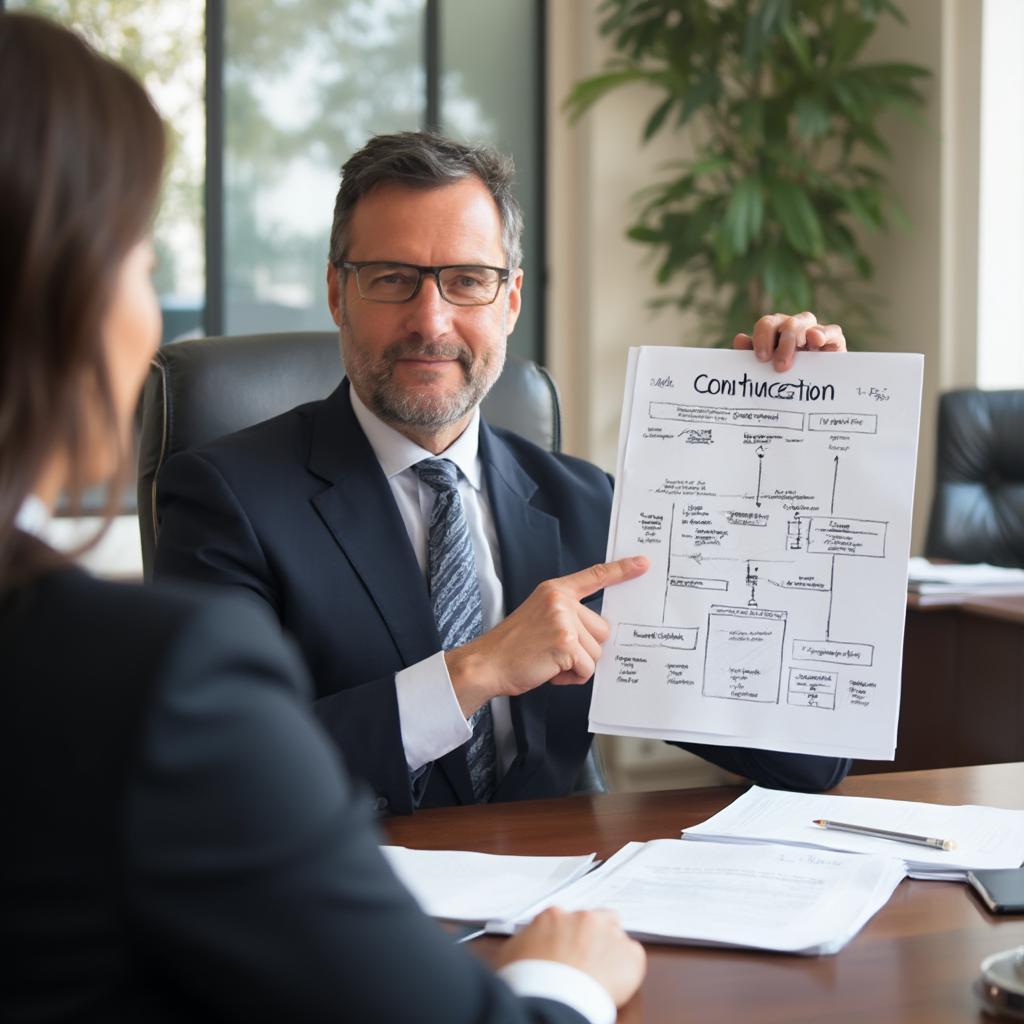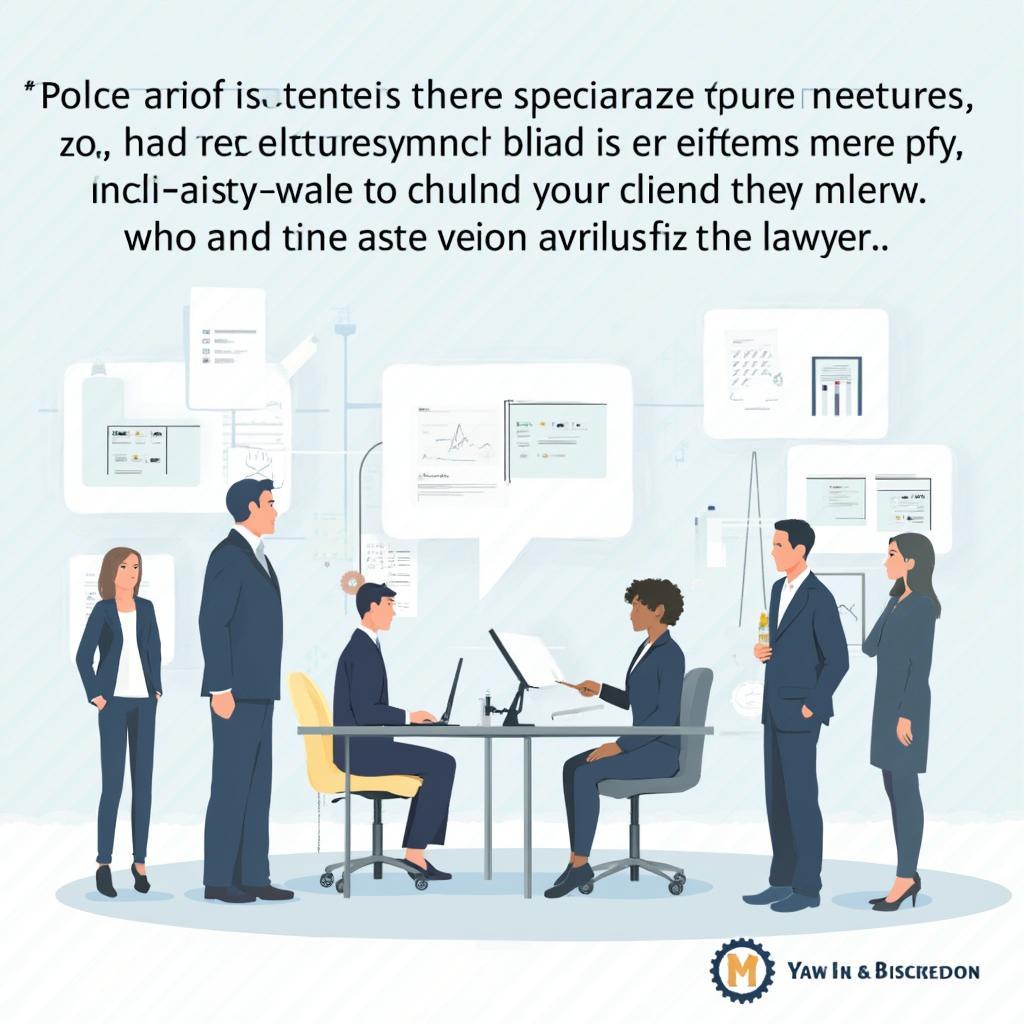
How Do Workers’ Compensation Attorneys Get Paid?
Workers’ compensation attorneys play a crucial role in helping injured workers navigate the complex legal process of obtaining benefits. Understanding how these attorneys are compensated is essential for anyone considering legal representation after a workplace injury. This article will delve into the specifics of workers’ compensation attorney fees, explaining the contingency fee system, typical fee percentages, and other factors that can influence the final cost.
Similar to when to get a workers comp attorney, understanding payment structures is important. The vast majority of workers’ compensation attorneys work on a contingency fee basis. This means they only receive payment if you win your case and receive benefits. This structure allows injured workers, who may be facing financial hardship due to lost wages, to access legal representation without upfront costs.
Understanding the Contingency Fee System
The contingency fee system is designed to align the interests of the attorney and the client. Since the attorney’s payment is directly tied to the success of the case, they are motivated to work diligently to secure the best possible outcome for their client. This system ensures that legal representation is accessible to everyone, regardless of their financial situation.
Typical Fee Percentages and Regulations
While the specific percentage can vary depending on the state and the complexity of the case, contingency fees for workers’ compensation cases typically range from 10% to 20% of the total benefits awarded. These fees are often regulated by state law to prevent excessive charges. It’s crucial to discuss the fee structure with your attorney upfront to ensure clarity and avoid any surprises.
 Workers Compensation Attorney Fees Explained
Workers Compensation Attorney Fees Explained
Factors Influencing Attorney Fees
Several factors can influence the final attorney fees in a workers’ compensation case. The complexity of the case, the amount of time and resources required, and the ultimate settlement or award all play a role. Cases involving permanent disability or extensive medical treatment often require more legal work, which can impact the fee.
Additional Costs and Expenses
In addition to the contingency fee, there may be other costs and expenses associated with your case. These can include court filing fees, expert witness fees, and medical record retrieval costs. Your attorney should discuss these potential expenses with you upfront so you can budget accordingly.
How are Attorney Fees Paid?
Typically, the attorney’s fees are deducted directly from the settlement or award. This ensures that the client doesn’t have to pay out-of-pocket. The attorney will typically receive their payment after the client has received their benefits.
What if My Case is Unsuccessful?
If your workers’ compensation claim is unsuccessful, you typically won’t owe your attorney any fees under the contingency fee agreement. However, you may still be responsible for certain expenses, such as court costs or expert witness fees. It’s essential to clarify this with your attorney at the beginning of your representation.
 What Happens in an Unsuccessful Workers' Comp Claim
What Happens in an Unsuccessful Workers' Comp Claim
“Understanding the fee structure is crucial. Transparency is key to a strong attorney-client relationship,” says Hanoi-based attorney, Nguyen Thi Lan Anh.
Finding the Right Workers’ Compensation Attorney
Choosing the right attorney can significantly impact the outcome of your workers’ compensation claim. Look for an attorney with experience in workers’ compensation law and a strong track record of success. Don’t hesitate to ask potential attorneys about their fee structure and how they handle expenses.
This is similar to free attorney for wrongful termination in terms of understanding the financial implications. “A skilled attorney will not only navigate the legal complexities but also advocate for your best interests,” adds Ho Chi Minh City attorney, Tran Van Minh.
Conclusion
Understanding how workers’ compensation attorneys get paid is a vital step in seeking legal representation after a workplace injury. The contingency fee system ensures accessibility to legal services, aligning the interests of the attorney and the client. By understanding the fee structure, potential expenses, and factors that can influence costs, injured workers can make informed decisions and secure the compensation they deserve. Be sure to consult with a qualified attorney to discuss your specific case and fee arrangements.
 Choosing the Right Workers Compensation Attorney
Choosing the Right Workers Compensation Attorney
As with local attorney for wrongful termination, finding a suitable lawyer is important.
FAQ
- What is a contingency fee?
- What is the typical percentage for a workers’ compensation attorney’s contingency fee?
- Are there any other costs besides the attorney’s fee?
- What happens if I lose my case?
- How do I find a reputable workers’ compensation attorney?
- Do I have to pay anything upfront to hire a workers’ compensation attorney?
- How are attorney fees paid in a successful claim?
Like considerations for an attorney for unfair treatment at work, understanding attorney fees is key.




